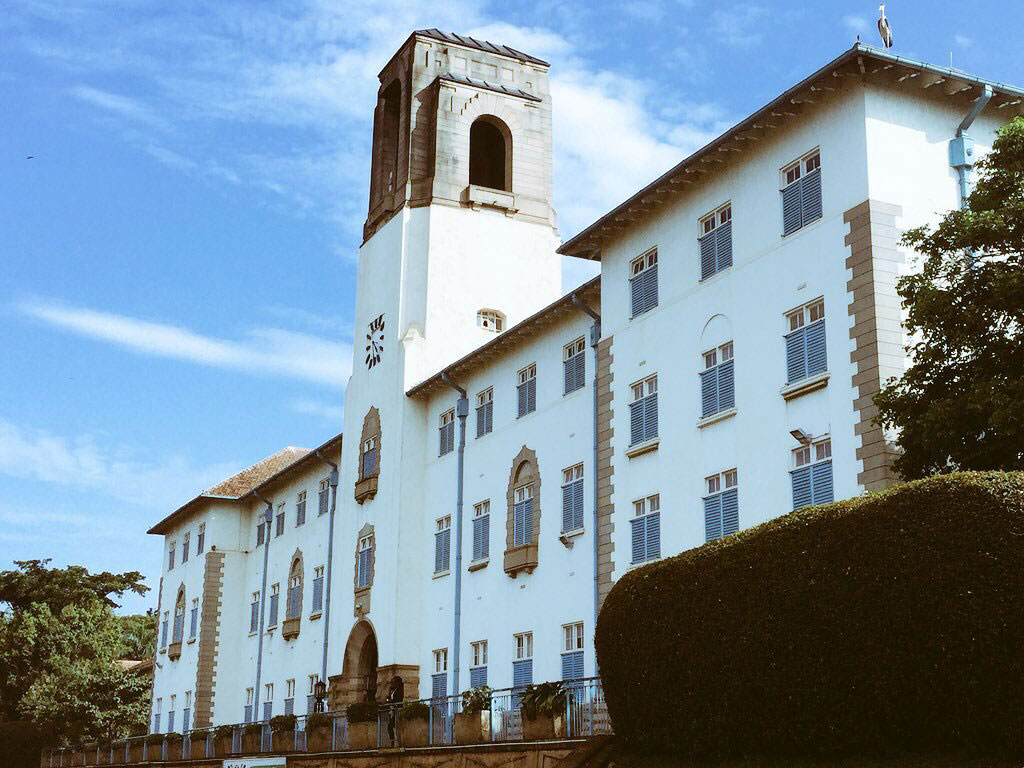
By Arthur Moses Opio and Gilbert Nsanzimana
Makerere University as one of the leading universities in Africa prioritizes ICT to deliver high quality education services.
According to our ICT policy, on the issue of ICT skills capacity building policy, it says:
The adoption of Information and Communication Technology (ICT) products and tools will require the attendant training to enable effective usage
DICTS is mandated to;
- Coordinate the periodic assessment of existing ICT skills capacity amongst all user groups to be able to identify gaps in partnership with Heads of Departments.
- Undertake a periodic capacity skills assessment to identify knowledge gaps within its technical staff to be able to seek appropriate capacity building programs.
Digital literacy refers to the technical skills needed to live, learn and work in environments where information is mainly accessed through digital facilities.
Worldwide research indicates that using ICT in education can lead to improved learning and better teaching methods. Services such as e-learning facilitate learning without time or place limitations making it much easier for learners and teachers.
During the month of February 2022, DICTS in collaboration with the University management, has been conducting a digital literacy program aimed at bridging the digital gaps amongst the student and staff community.
The program focused on the different ICT services offered by the university including the students and staff portals , university mailing system, the e-learning platform (MUELE), e-library, internet services among others.
ICT Support Kiosk at Freedom Square



The activity was done together with a group of students known as the Exploits Fellowship that worked so closely with our team to give support mainly to the new students at the university.

Training of College Student Leaders

Our team visited the different colleges to train the student leaders to equip them with the necessary information and skills to support their fellow students. In this activity, over 200 student leaders were trained at 8 colleges.
Support Through Social Media
In addition to the physical engagements with students and staff, we have prioritized social media to provide timely support. We are doing our best to make sure that all legit queries coming in through social media and ticketing system are responded to as fast as possible.

As a result our reliability on social media in terms timely support and content creation, we have registered a steady growth of our audience both from within the University and outside.

Digital Resources for Self-Support
We have also availed tons of documentations to help students whenever they need support, through the Knowledge Base and our YouTube channel to facilitate self-support on most of the issues raised by students.
As we adopt the hybrid mode of working and learning, we continue to urge students and staff to make use of all the availed digital channels, as our team is committed to make your digital experience a better one.
